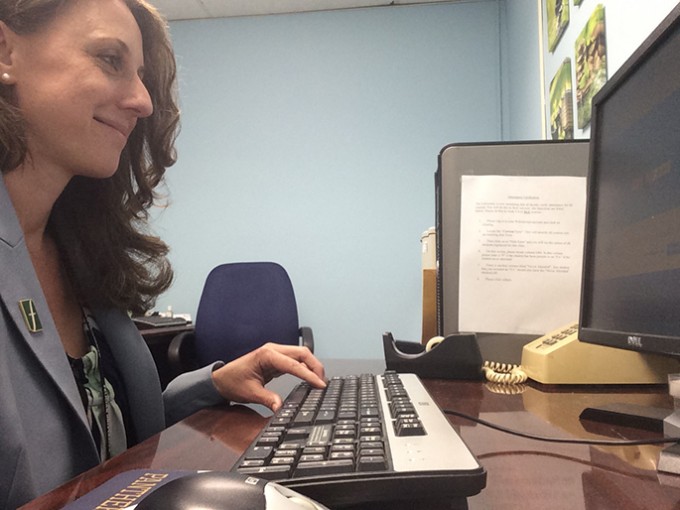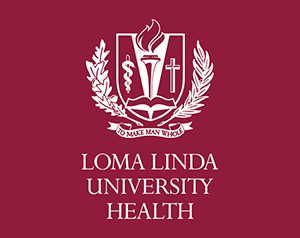Feature
DNP & Me: Five Reasons to Pursue a Nursing Doctorate
Read this article before signing up for an advanced degree

Education is the watchword of modern nursing. More and more nurses today are BSN-prepared and about 10 percent of California acute care hospitals now require that RNs earn a BSN if they don’t already have one. Many nurses today are also going back to school to earn their master’s degrees, either to hone their skills or to move into advanced practice roles.
While most nurses understand the value of the BSN or master’s degree, the case for earning a nursing doctorate — a Ph.D. or DNP — isn’t quite so obvious. In fact, I wasn’t sure myself. In the next few pages, I’ll explain what led me to pursue this “final frontier” of nursing education — and why you might want to do the same.
Why I Changed My Mind About Nursing Doctorates
Frankly, I never imagined I would be pursuing a doctoral degree. Whenever the idea came up, my reactions were always, “I can’t afford it”; “I’ll never need that”; “It will be tedious”; “It’s not important”; and, “I can’t do it.” Yet, here I am. Soon after I wrote this article, I completed the final semester of my doctor of nursing practice (DNP) program. Now, whenever I’m asked, “Was it worth it? If you could go back, would you do it all again?” my answer is an immediate yes.
Over the last three years, I’ve learned a great deal and would now recommend the DNP degree without hesitation. If you find yourself struggling with the same doubts and rationalizations I had before I started my doctoral program, here are five reasons to change your mind.
Reason No. 1: Expand Career Opportunities
Let’s come right out and talk about the elephant in the room: the cost of pursuing this level of education. Notwithstanding the many scholarships and awards out there, there’s no denying that a doctorate can be expensive. However, I consider it a recoverable investment. Having a nursing doctorate can help qualify you to become a nurse educator or conduct research.
In the past, I applied for countless academic roles, but with no formal teaching experience, I was never considered — never even called for an interview — until I enrolled in a DNP program. A doctorate also may open the door to many other dynamic opportunities, such as consulting or entrepreneurship.
For Kathleen McDermott, APRN, DNP, PMHNP, BC, pursuit of a DNP helped catapult her career to the next level. She earned her doctorate in 2015 from the California State University DNP Consortium, a program offered through Cal State Fullerton, Long Beach and Los Angeles. Before that, she worked for more than seven years with Mental Health America of Los Angeles (MHALA), first as a psychiatric nurse practitioner and then as director of integrated care. Her DNP final project focused on improving how MHALA delivered care.
“My dissertation was a key study on my agency,” she recalls. “I’m glad I didn’t get fired for a rather scathing review!” Although her study revealed institutional flaws, McDermott was able to translate those findings into program improvements. Her chief recommendation: “Get beyond treating members [patients] one by one, but instead implement a system change.”
By examining MHALA “through that lens,” she says, she “was able to say, ‘We need this, and here is why.’” Not long after earning her DNP, MHALA promoted McDermott to vice president of healthcare integration. She attributes her promotion to her doctoral work — coupled, of course, with her years of experience with the organization.












